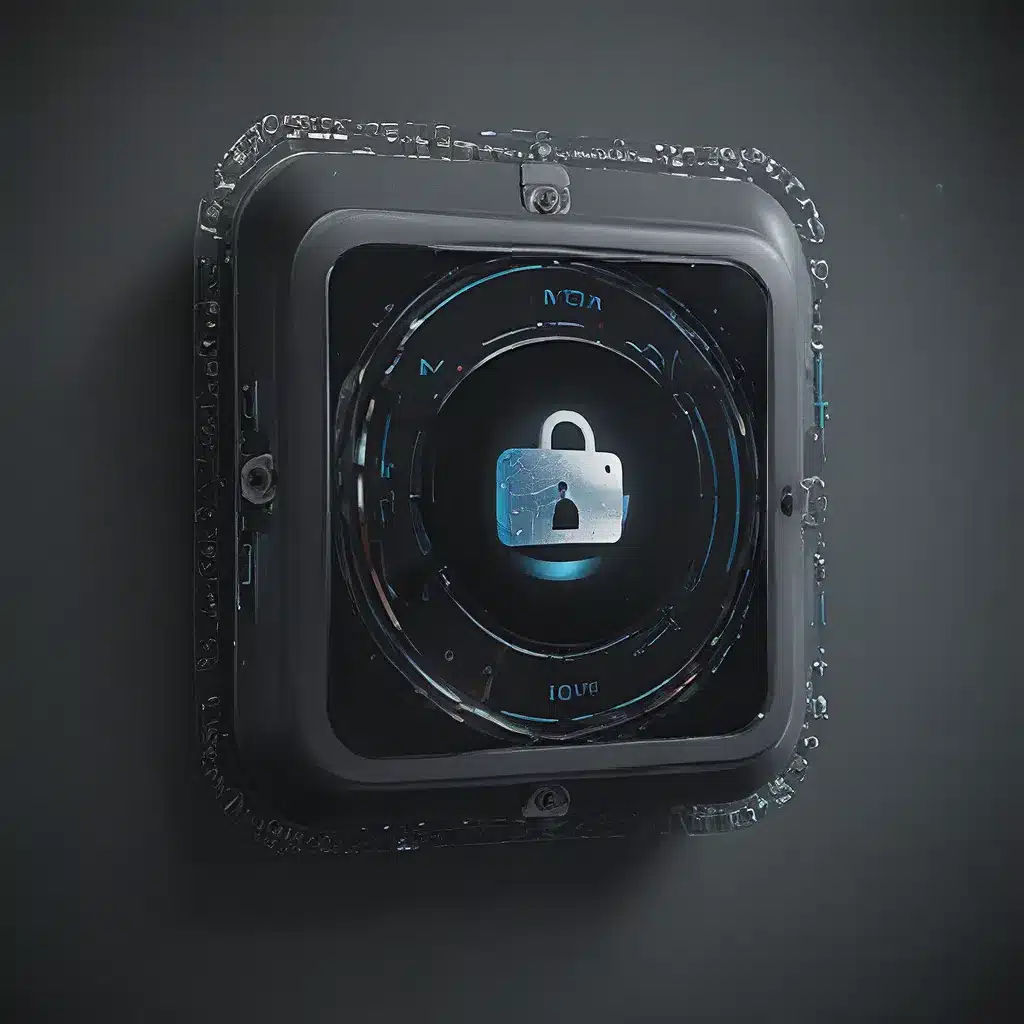We’ve all been there – that sinking feeling when your computer crashes and you realize your important files are gone forever. As a computer repair technician, I’ve seen the devastation that data loss can cause, both for individuals and businesses. That’s why I’m a firm believer in the power of regular backups to give you peace of mind.
Backup Basics
Backing up your data is like insurance for your digital life. It’s the safety net that catches you when technology inevitably fails. But not all backups are created equal. In fact, simply having a backup isn’t enough – you need to ensure that your backup is reliable and can be restored when you need it most.
One common mistake I see is people who set up backups and then never check them. It’s like having car insurance but never actually filing a claim – what’s the point? Just because your backup is running doesn’t mean it’s working properly. That’s why it’s crucial to periodically verify the integrity of your backups.
The Backup Integrity Checklist
So how do you go about verifying your backup? Here’s my 3-step process:
-
Test the Restore Process: The true test of a backup is whether you can actually restore the data. Once a month or so, try restoring a few random files from your backup. Make sure you can access the files and that they open properly. This will give you peace of mind that your backup is ready to go when disaster strikes.
-
Check for Corrupted Files: Even if your backup seems to be running smoothly, there’s always a chance that some of the files could become corrupted over time. Tools like [Duplicacy’s check command][1] can scan your backups and identify any corrupted or missing chunks of data. This is especially important if you’re using a cloud-based backup service, where data integrity isn’t always guaranteed.
-
Monitor for Changes: Finally, keep an eye on your backup activity and storage usage. Sudden spikes or drops in backup size could be a sign that something is amiss. Many backup programs offer detailed reporting and analytics to help you stay on top of any changes.
The Cost of Complacency
I’ve seen firsthand the consequences of not verifying backups. One client of mine, let’s call him Dave, thought he was all set with his daily backups. He’d been diligently running them for years without issue, so he figured he was good to go.
Then one day, Dave’s hard drive crashed, and he needed to restore his files. But when he tried to access the backup, he found that it was corrupted and unusable. Turns out, a software glitch had been silently corrupting his backups for months, and he had no idea. Dave ended up losing years’ worth of important business and personal documents. Needless to say, he learned the hard way about the importance of verifying backups.
Peace of Mind in the Digital Age
In today’s world, our digital lives are more important than ever. We store everything from family photos to business-critical files on our computers and in the cloud. That’s why it’s so crucial to have a reliable backup system in place, and to take the time to ensure that your backups are actually working.
By following the simple steps I’ve outlined here, you can have the peace of mind that comes from knowing your data is safe, no matter what happens. So don’t be like Dave – take the time to verify your backups and sleep soundly, knowing that your digital life is protected.
[1] https://community.synology.com/enu/forum/17/post/103696













